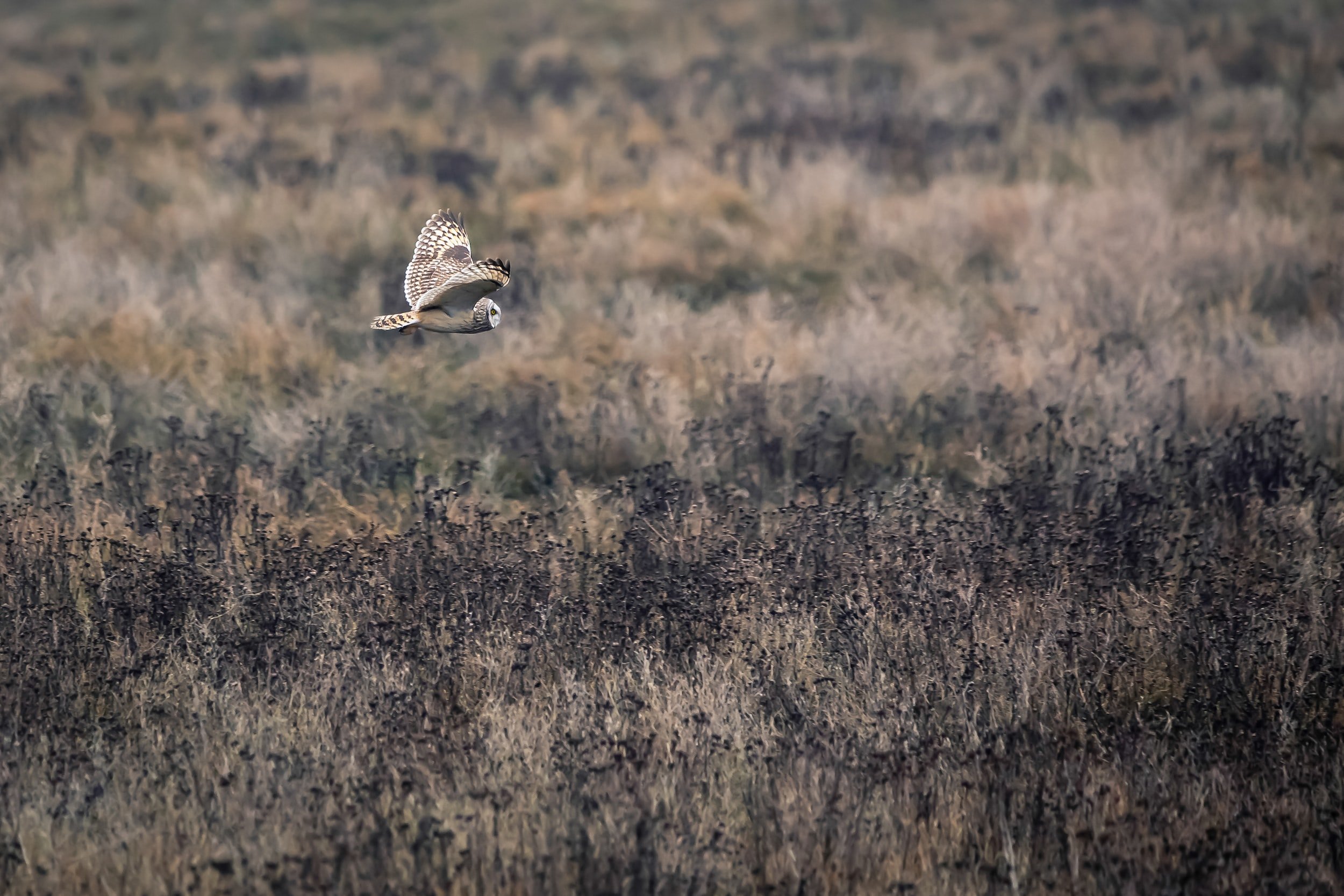Resources for the National Day for Truth & Reconciliation
/Photo by chris robert on Unsplash
September 30th is the National Day for Truth & Reconciliation, also known as Orange Shirt Day.
Please see a list of resources below. We hope these will help to make September 30th an impactful day of learning and reflection for you.
For more information about September 30th, see our previous post.
Articles & Readings
Toolkit: How do we solve Structural Racism? A 5X5 Review (Yellowhead Institute)
“Survivor: The story of Phyllis Webstad and Orange Shirt Day” by Lisa Charleyboy (Canadian Geographic)
“The past is not the past for Canada's Indigenous peoples” (The Lancelet editorial)
“The Residential School System” by Erin Hanson, Daniel P. Gamez & Alexa Manuel (Indigenous Foundations)
“Zaagi’diwin Inakinogewin | Love Law: A Policy Note For Protecting Two-Spirit, Non-Binary & Trans Indigenous Peoples” by Fallon Simard (Yellowhead Institute)
Audio & Video
My Auntie survived residential school. I need to gather her stories before she’s gone (CBC Docs)
Residential Schools in Canada: A Timeline (Historica Canada)
Stolen Children: Residential School Survivors Speak Out (CBC News)
Podcast: mbwaach’idiwag
Podcast: Think Indigenous
Orange Shirt Vendors
We advise you to check the About and FAQs of any vendor you visit to purchase an orange shirt and encourage you to support Indigenous artists and organizations, and Indigenous-owned businesses.
Events
The following events are mostly virtual.
SEP 29, 1PM: A Calls to Action Conversation
SEP 30, 1PM: On Truth & Reconciliation with James Harry
SEP 29, 11AM: Orange Shirt Day | Coast Salish Art Class
SEP 30, 1PM: Truth & Reconciliation Sharing Circle Workshop
Orange Shirt Day events list from IRSHDC UBC
“10 ways to observe the National Day for Truth and Reconciliation in Vancouver” at Curiocity








